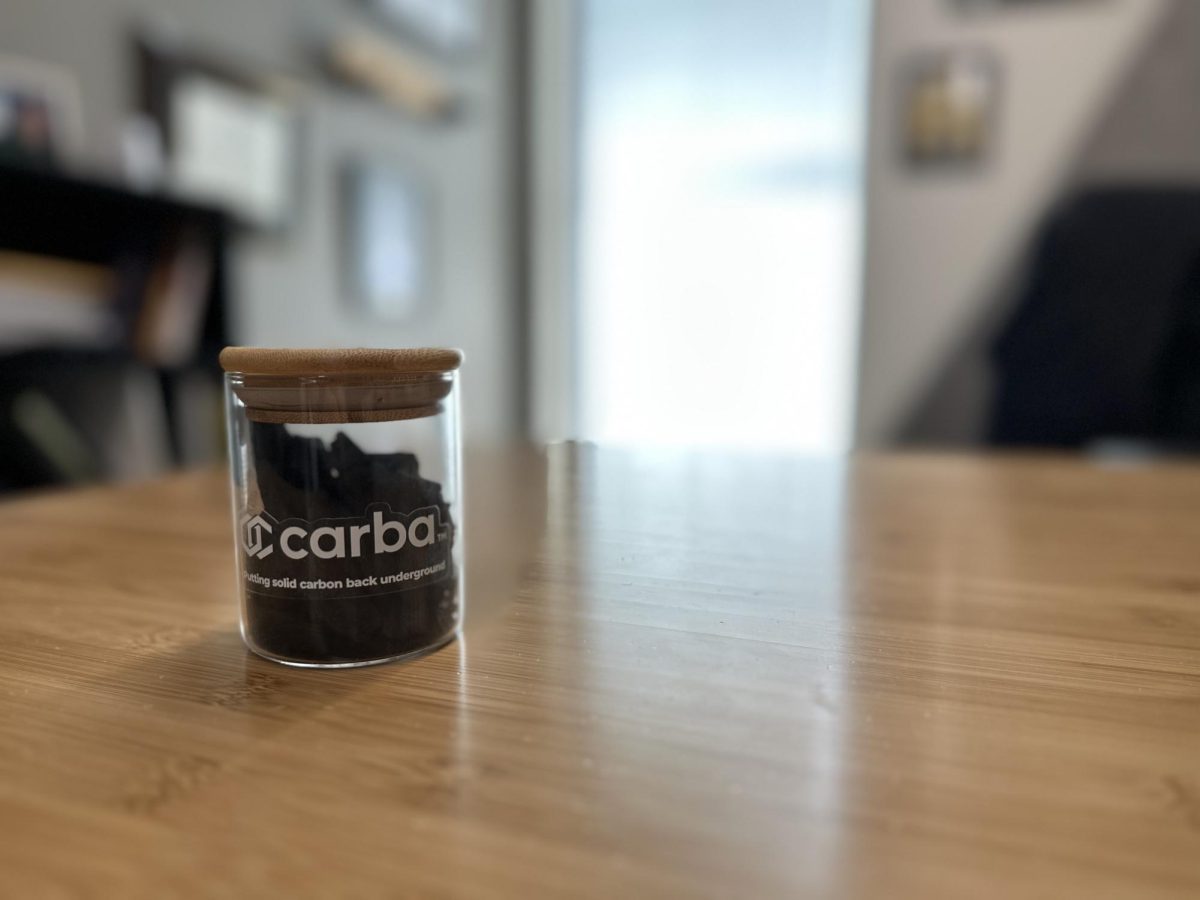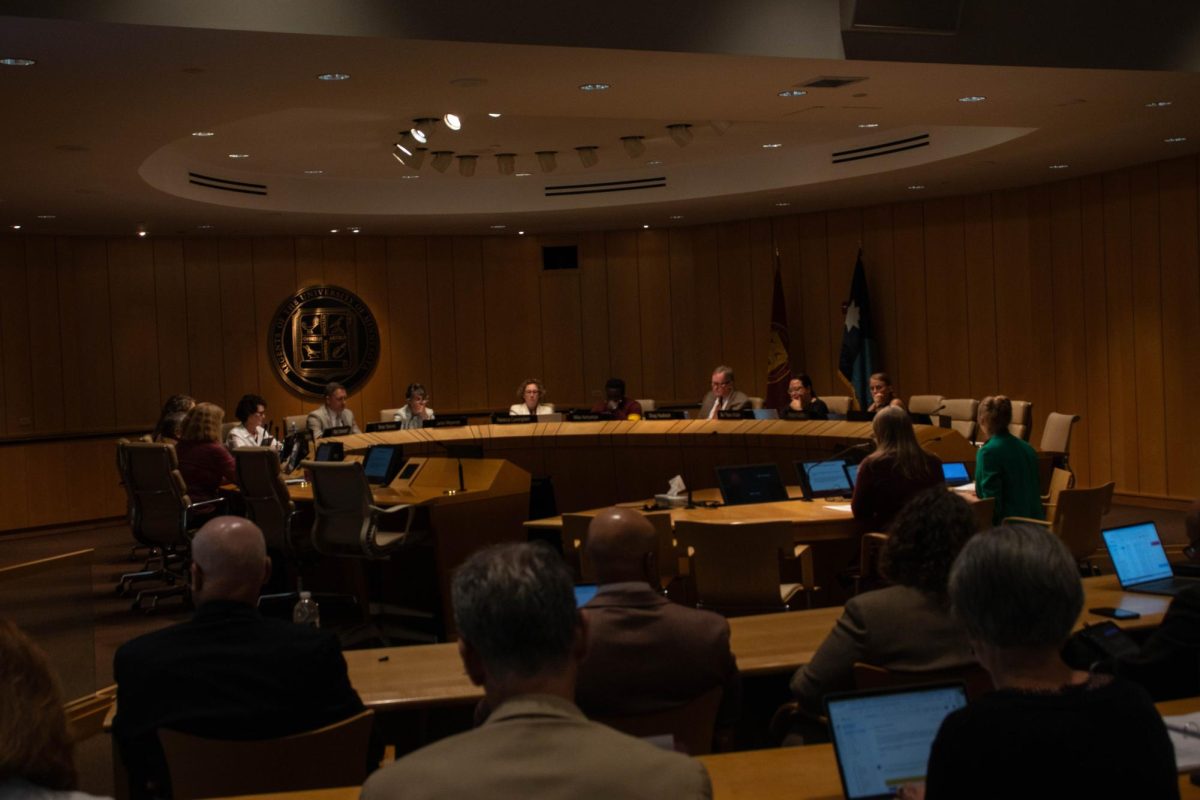A University of Minnesota alumnus and a chemical engineering professor took home the grand prize of the MN Cup on Sept. 18 for their solution to carbon dioxide removal.
Carba, the startup company that won the state’s largest innovation competition, created a reactor that removes carbon dioxide from the atmosphere by creating a charcoal-like substance out of biomass, according to Andrew Jones, Carba co-founder and CEO.
The MN Cup gave the company access to a network of professionals and made their idea visible to the business community, Jones added.
The company won a total of $86,000 in no-strings-attached cash over the four-month competition, according to Kailin Oliver, the associate director of the MN Cup.
Paul Dauenhauer, Carba co-founder and a University chemical engineering and materials science professor, said he met Jones in a graduate laboratory while both of them were students at the University.
The two had been talking about what they could do that would have the most impact, Dauenhauer said. Out of those conversations, Carba was born.
Carba’s goal is to remove 1 billion tonnes of carbon dioxide from the atmosphere by 2035, Jones said. To do this, it will need thousands of its reactors worldwide.
Dauenhauer said the process works like “reverse coal mining.”
Plants, through photosynthesis, remove carbon dioxide from the atmosphere and convert it into biomass, according to Dauenhauer. Organic matter from trees and other plants is taken to a reactor where it is turned into a charcoal-like substance.
When this material is stored underground, the material does not degrade, keeping the carbon dioxide from returning to the atmosphere and storing it underground, according to Jones.
The company’s goal is to remove carbon dioxide for less than $100 per tonne, Dauenhauer said, which is the equivalent of adding about $1 to each gallon of gasoline to make it carbon-neutral.
Jimmy Soeherman, a chemical engineering graduate student at the University, wrote an article about Carba’s process. Soeherman’s model found Carba’s process could capture 0.8 tonnes of carbon dioxide per tonne of biomass with an average cost of $132.
A tonne of carbon dioxide roughly equates to driving a diesel car 3,700 miles, or the distance from Indianapolis, Indiana to Anchorage, Alaska.
The process will likely be less expensive for the first few years of operation, falling below the goal of $100 per tonne, according to Jones.
Carba’s first pilot reactor sits in Litchfield, Minnesota, where it processes about a tonne of biomass per day, Jones added. In partnership with Waste Management, the company plans to scale the operation to 45 tonnes per day.
The product created by the reactor also works as a carbon filter that absorbs toxins when buried in a landfill, according to Jones. This reduces the overall production of methane, a greenhouse gas.
This reactor can fit in a trailer, Jones added. Carba plans to build these small, modular facilities as opposed to a large, centralized plant.
“The beauty of that is we can go to where the biomass is,” Jones said. “The flip side of that is that we need to build thousands of these sites around the world, and that’s the challenge that we’re undertaking.”
Carba intends to sell carbon credits, which represent a tonne of carbon dioxide removed from the atmosphere, Jones said.
Many companies have pledged to achieve carbon neutrality. Microsoft announced a new goal to be carbon-negative by 2030, according to a 2020 press release. These companies can buy these credits on a market to offset their emissions, according to Dauenhauer.
“I don’t like to think of carbon dioxide removal as allowing us to keep using fossil fuels because that’s a trap to fall into,” Dauenhauer said.
This is the second year in a row the grand prize winner came out of the energy and clean tech division, according to Oliver. This is a shift she likes to think reflects changing priorities.
“There is a great profit opportunity from Carba, but it is also kind of a societal and social impact,” Oliver said. “I mean, they are trying to change climate change.”






















